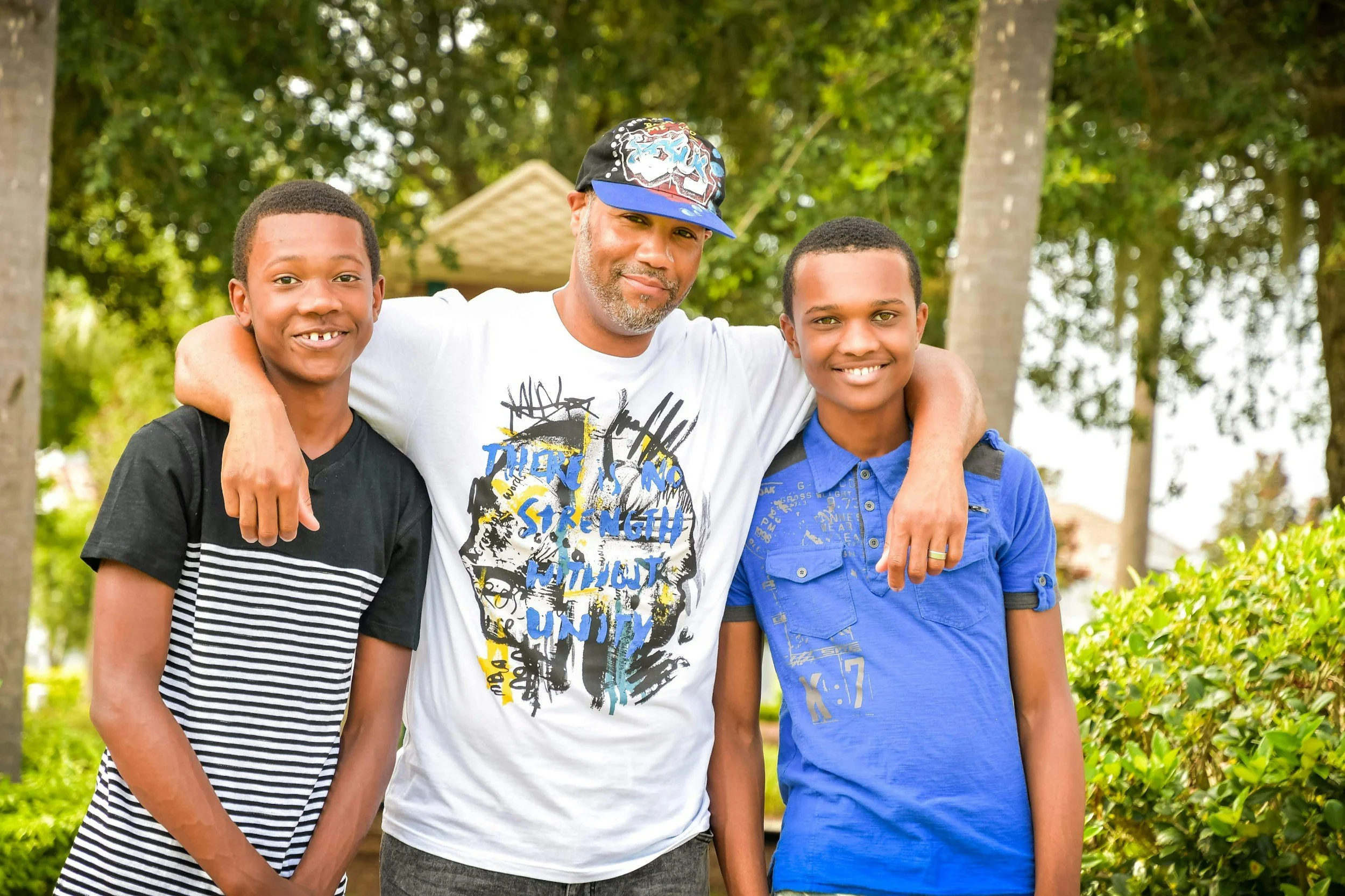Your Teen Isn’t a Problem to Solve—They’re a Person to Understand
If parenting your teen feels like walking through a minefield of mood swings, silence, and slammed doors, you're not alone—and you’re not failing. You're parenting a developing brain in real time.
The teen years are often painted as difficult, defiant, or dramatic. But what if, instead of seeing your child as a problem to fix, you saw them as a person to understand?
This isn’t about lowering expectations or letting everything slide. It’s about shifting the way you interpret their behavior—so you can respond with connection instead of control.
The Teenage Brain Is Still Under Construction
Let’s start with the science. The part of the brain responsible for emotional regulation, impulse control, and decision-making—the prefrontal cortex—is still developing well into a young adult’s 20s.
According to the University of Rochester Medical Center, this developmental timeline helps explain why teens may respond with big emotions, take impulsive risks, or seem to lack perspective in emotionally charged moments (URMC Health Encyclopedia).
That doesn’t mean they’re incapable of responsibility or self-control. It just means they need practice, support, and compassion while their brains catch up with their intentions.
Reframing “Difficult” Behavior
When your teen slams a door or tunes you out mid-conversation, it’s easy to react with frustration or shut the conversation down. But behind the behavior is usually a story—stress at school, a social hurt, or internal pressure they can’t quite name.
Try this shift:
Instead of “They’re being disrespectful,” think “Something’s hard for them right now.”
Instead of “They never listen,” try “They don’t feel heard yet.”
Curiosity connects. Judgment shuts down the conversation.
When you pause to consider what might be underneath the surface, you become a safe place—not a threat they need to push away.
Listen Without Fixing
Many teens say they don’t open up to their parents because they feel “lectured,” “corrected,” or “judged.”
If your go-to response is to problem-solve, offer advice, or explain why their feelings aren’t logical—it’s time to try something else.
Instead, ask:
“Want me to just listen, or do you want help thinking it through?”
“That sounds like a lot. Do you want to talk about it, or just hang out for a bit?”
These simple invitations open doors. You’re signaling that they’re in charge of how much they want to share—and that their feelings are valid, even if you see the situation differently.
Set Boundaries with Clarity, Not Shame
Yes, teens need boundaries. In fact, they often feel more secure when those boundaries are clear, fair, and consistent.
The key? Ditch the shaming tone or power struggles. Instead of “Because I said so,” try:
“In our family, we speak to each other with respect, even when we're upset.”
“I'm here to help you problem-solve, but I won't accept yelling or name-calling while we talk.”
Boundaries rooted in connection, not control, are far more effective. Teens may push back (they will). But deep down, they want to know where the lines are—and that you’re strong enough to hold them without shame.
Why Connection Changes Everything
When teens feel emotionally safe with you, they’re more likely to tell you when something is wrong, ask for help when they’re in over their head, and return after hard moments instead of retreating into silence or secrecy.
According to the American Academy of Pediatrics, strong parent-child relationships are one of the biggest protective factors against anxiety, depression, and risky behavior during adolescence (AAP Guidelines).
In other words: when teens feel seen, they’re less likely to act out in harmful ways—and more likely to come to you when it matters most.
This Isn’t About Being a Perfect Parent
You won’t always respond calmly. You’ll miss cues. You’ll say the wrong thing sometimes.
But the good news? Teens don’t need perfect parents. They need present ones.
You can always return to repair. You can always model how to apologize, how to regulate your own emotions, and how to hold space for conversations that feel hard or messy.
You’re not just raising a teenager. You’re building a relationship that can last a lifetime.
Want to Rebuild Connection with Your Teen?
If you're tired of walking on eggshells or stuck in a pattern of reactivity, there's a different way forward.
Parent coaching offers grounded, real-world strategies for building trust, improving communication, and showing up with strength and empathy—especially when things feel hard.
Explore parent coaching with Me, Eileen!:
https://www.eileenlifecoaching.com/parent-coaching
Sources & Further Reading
University of Rochester Medical Center. “Understanding the Teen Brain.” https://www.urmc.rochester.edu/encyclopedia/content.aspx?ContentTypeID=1&ContentID=3051
American Academy of Pediatrics. “Preventing Toxic Stress and Promoting Positive Parenting.” https://publications.aap.org/pediatrics/article/143/1/e20183307/37381
Greater Good Science Center. “How to Be a Better Listener.” https://greatergood.berkeley.edu/article/item/how_to_be_a_better_listener


